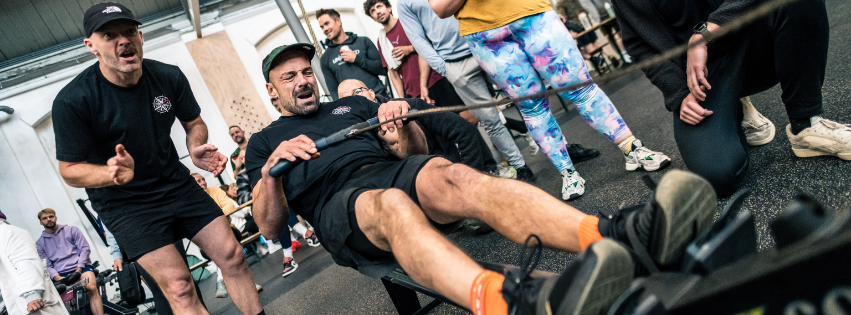
There are many ways to answer this question. One could talk about the physiological side and evaluate an athlete’s genetics, resulting in a higher percentage of certain muscle fibres. Alternatively, one could dive into a specific stimulus and discuss in detail which training program works best. Or, we could speculate on the importance of a broad athletic background when young.
All are valid answers, and you will therefore find endless blogs on these topics, many written by far smarter people than me. In this blog, I will try to answer the question from a coaches point of view, answering the question: what makes you a good athlete to coach? Let’s look at a few key points and discuss their importance.
PHYSICAL PROWESS
The first obvious point is your talent for sports. And while there is no denying that it can be very fulfilling to coach athletes who seem to have been put on this earth to snatch, I must admit that the most rewarding experiences have not come from coaching these athletes. Sure, it can be frustrating and confusing sometimes to coach someone who has difficulty with a movement that you find so natural, but this makes it all the more gratifying when someone does succeed. In short, don’t worry about your innate ability, your injuries or other limitations because your coach doesn’t either.
CONFIDENCE AND HUMILITY
Although it may seem like a contradiction, in my experience, good athletes are usually confident enough to admit they don’t know everything. Yes, you need to believe in yourself and your capabilities; confidence is a good thing. But, if the coach tells you to scale down a workout, there is likely a good reason for it. Remember, we both want you to improve and do so safely. Yes, doing Isabel RX’d probably makes you stronger, but if it fucks up your technique or back in the process, it weakens you in the long run. So leave your ego at the door, and show us your willingness to learn.
COMMUNICATION AND TRUST
Your coach isn’t your counsellor, mother or best friend, but if something has a substantial impact on your workout, it’s a good idea to let us know. So, if you feel like you’re working your butt off but getting nowhere? Tell the coach! Are you barely sleeping because you’re so stressed out from work? Tell the coach! Going through a rough patch because you broke up with your girlfriend? Tell the coach! We can adapt, explain and console, but only if we know what’s going on. Keep in mind that trust goes both ways. Trust your coach to know what is best for you in the long run. You know your body, but the coach knows the plan.




